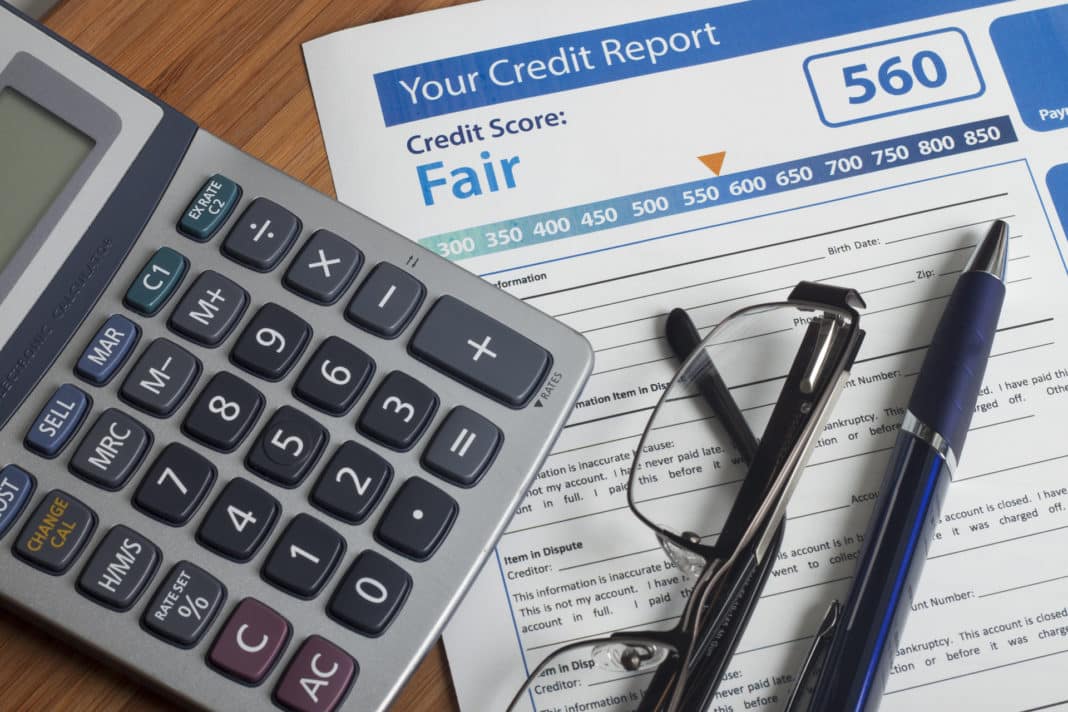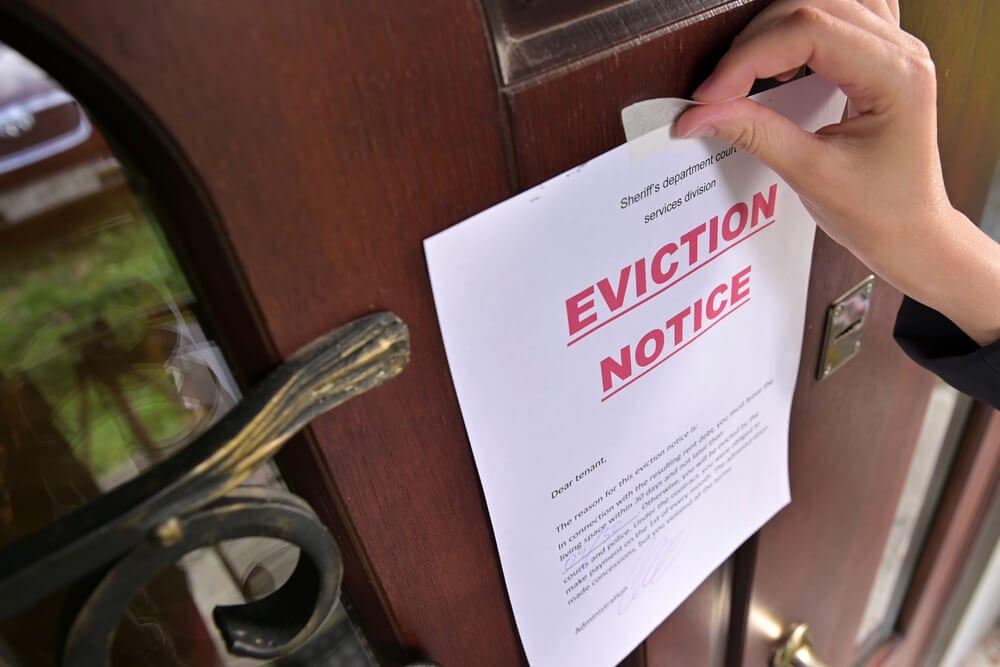No one plans to fall on hard times. If you’re facing eviction or have already been evicted, it can be a life-altering event. You’ll need to find a new place to live, but with an eviction on your credit report , it will be an uphill battle to get another landlord to approve your rental application.
How long does an eviction stay on your credit report?
Let’s find out…
Can You See an Eviction on Credit Report Histories?
Technically, evictions do not show up on your credit report. Instead, they end up on your rental history. If you’re evicted for non-payment, your landlord can send the debts to collections, and the debt will show up on your report.
How Long Does An Eviction Stay on Your Record?
Evictions cannot be reported to any of the three major credit bureaus. Tenant screening companies maintain their own reports, and these records are held for seven years. If you do have an eviction on credit report, it will show up as a debt.
The debt will not show the eviction itself but the debt that you owe to the landlord.
Since rental applications are often scanned and sent to screening companies, an eviction can make it more difficult for you to:
- Rent from an apartment or anyone who screens tenants
- Rent at market rates because if you are approved, the landlord may ask for more money every month or a higher security deposit
If you’re unsure of how much longer the eviction will remain on your record, you can contact the screening company to find out.
Anyone struggling to rent because of a past eviction should consider the following:
- Offer to prepay a certain amount of rent to try and lower the risk of the landlord.
- Show the landlord proof of employment. A solid job history can help you get your application approved.
- Consider renting with roommates who have a better rental history and good credit.
- Get someone to cosign with you.
Maintaining good credit is crucial even if you’ve been evicted. Landlords want to rent to tenants that they are fairly sure will continue to pay their debts on time. Working with a company, such as CreditRepair.com , can help you fix any bumps and bruises that you have on your credit report.
Can You Remove Eviction Records from Your Tenant Report?
An eviction will continue to follow you until it’s off of your tenant report. Waiting seven years for the eviction to fall off of your report is a long time. You can try one of the following steps to help get the eviction off of your record:
- Pay the debt. First, try to pay off the debt. Landlords simply want the money they’re owed. Some may even settle for less. If you don’t want an eviction on credit report, paying off your debt is the surefire way to ensure your credit isn’t impacted.
- Request the eviction be removed. Tenant screening companies can be contacted. Find the number of the company and ask for the eviction to be removed. If you paid the debt off, they’ll often remove the eviction from the report. However, they’re not obligated to remove the eviction, so be as nice as possible through this process.
- File a dispute. If the eviction is an error, you have the right to file a dispute and have it scrubbed from your records.
Depending on the situation, you may also have the option of going to court to get the eviction removed from the public record. However, you will need to prove that the landlord’s case was baseless, and that the case should be expunged. This is known as statutory expungement.
There are two other types of expungement that may apply in a case like this:
- Inherent: This type of expungement may apply if you can prove that the benefits of expunging the case are “equal to or greater than” the public interest or court’s pursuance of the case.
- Mandatory: A judge is required to expunge the record if the property was already under foreclosure, you moved out before the foreclosure began or during it, and the eviction was not due to past rent or a breach of contract.
If you owe the landlord money and the debt is in collections, you can also work with the collection agency to pay off the debt. You have a right to dispute errors on your credit and tenant report.
Evictions are a matter of public record, and as a renter, it’s always best to work out a payment plan with the landlord rather than be evicted. Renting in the future will be much more difficult with an eviction on your record. However, tenants do have rights that they need to know about if they’ve been evicted or are facing eviction.
Know Your Rights About Eviction
If you are facing eviction and are concerned about how it will affect your credit, it’s important to understand your rights. Consulting with a lawyer may be a wise first step.
Many states have laws that require landlords to send eviction notices notifying tenants of the issue that may trigger an eviction. Once the notice is received, the tenant may have a period of time to resolve the issue before the full eviction process will begin.
If the issue isn’t resolved, the landlord may file the eviction paperwork. A hearing can then be scheduled for the tenant and landlord. At the hearing, both parties have the opportunity to present their cases. If the landlord wins the lawsuit, the tenant will receive a court order to move out. The deadline for moving out will depend on the state, but it can range anywhere from a few days to a few weeks.
It’s important to note that generally, landlords can’t make your living conditions unbearable in order to evict you. They can’t just change the locks either, nor can they evict a tenant as retaliation for filing a complaint.
If your landlord fails to comply with your state’s laws and statutes, then you may have grounds to fight the eviction.
Are you struggling to have your rental application approved and have bad credit?
Click here to learn how you can begin repairing your credit today.



